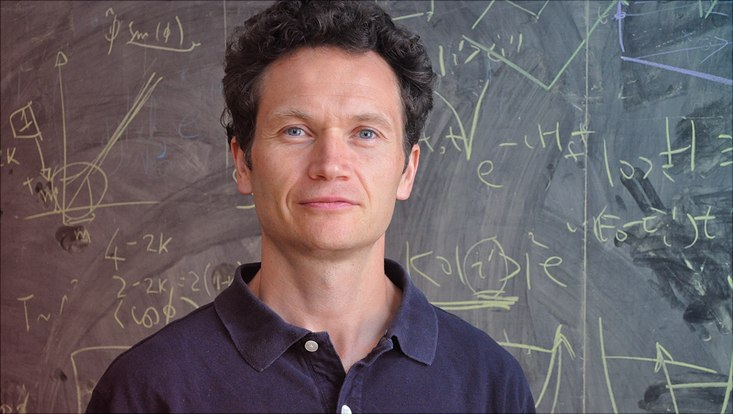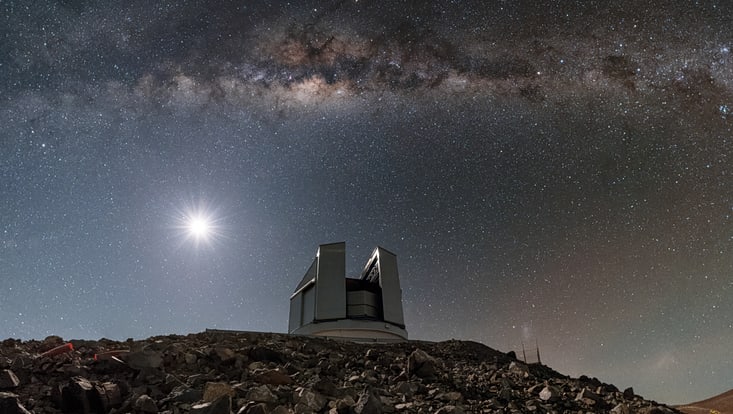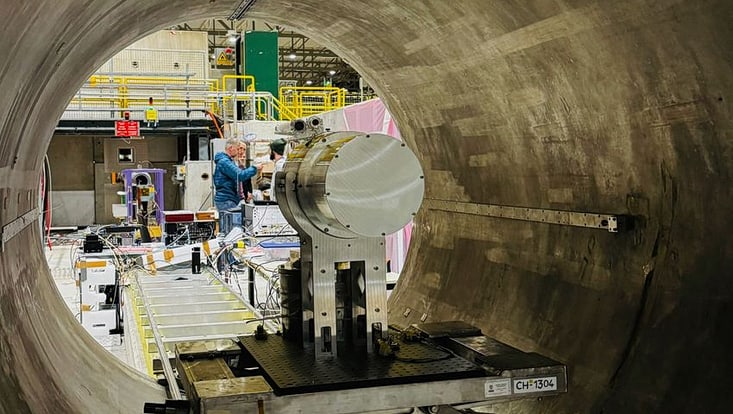Harvard professor honored for his theoretical workQuantum researcher Eugene Demler receives Hamburg Prize for Theoretical Physics
17. Juni 2021

Foto: Joachim Herz Stiftung
The Russian-American researcher Eugene Demler is to receive the Hamburg Prize for Theoretical Physics 2021. Demler, who has been a physics professor at Harvard University in the USA since 2001 and will join ETH (Zurich) faculty in the Fall of 2021, works on understanding strongly correlated quantum matter from electrons in solids to dilute atomic gases to photons. His work has had a profound impact on diverse areas such as magnetism and superconductivity, many-body physics with ultracold atoms in optical lattices, nonlinear quantum optics, and pump and probe experiments in solids. The prize will be awarded to Demler in November 2021 in Hamburg, jointly by the Joachim Herz Foundation, the Wolfgang Pauli Centre from DESY and the Universität Hamburg, the Deutsches Elektronen-Synchrotron (DESY) and the two Clusters of Excellence CUI: Advanced Imaging of Matter and Quantum Universe at the Universität Hamburg.
The prize money is 137,036 Euros, an allusion to Sommerfeld's fine structure constant, which plays an important role in theoretical physics. The Hamburg Prize for Theoretical Physics has been awarded to internationally renowned researchers since 2010. It is one of the most highly endowed physics prizes in Germany. "With Eugene Demler, we are honoring a researcher this year who has rendered outstanding services to the application of his theoretical work in experimental physics. His thoughts have provided many important impulses for the development of new materials, for example, for energy transmission or data processing," states Dr. Henneke Lütgerath, Chairman of the Executive Board of the Joachim Herz Foundation.
Towards a better understanding of materials with quantum simulation
Demler is a world-renowned expert in theoretical quantum physics. Theoretical quantum physics describes how electrons, atoms and other miniscule objects behave. Among other things, Demler’s work was instrumental to the development of the field of quantum simulators based on ultracold atoms. When trying to understand complex materials, condensed matter theorists introduce simplified models, analyze them, and try to relate their results to experimentally measured properties of materials. These include quantum magnets and topological insulators, as well as superconductors, which are materials that allow resistance-free transmission of electricity.
Demler's research visits to Hamburg are associated with the physics prize. "With his work, Eugene Demler has provided decisive impulses to a series of experiments here in Hamburg, at the university, at DESY, at the Max Planck Institute and at the European XFEL," states Prof. Klaus Sengstock, spokesperson of the Cluster of Excellence CUI: Advanced Imaging of Matter. "I am very much looking forward to many stimulating discussions during his research visits to Hamburg."
About Eugene Demler
Eugene Demler (born 1971) studied theoretical physics at the Moscow Institute of Physics and Technology. He then went to Stanford University in California, where he received his doctorate in 1998. He was a Junior Fellow in the Harvard Society of Fellows, became an assistant professor at Harvard in 2001 and a full professor there in 2005. Demler is a member of the Harvard-MIT Centre for Ultracold Atoms and the Institute for Theoretical Atomic Molecular and Optical Physics at the Harvard-Smithsonian Center for Astrophysics. He was a recipient of the 2006 Johannes Gutenberg lecture award from the Mainz Graduate School. In 2015, he was the winner of a Humboldt Research Award, was elected as a fellow of the American Physical Society and became a Distinguished Scholar at the Max Planck Institute for Quantum Optics in Garching near Munich. He was a Senior Fellow at the Institute for Theoretical Studies at ETH Zurich, a Hanna visiting Scholar at Stanford, and a Moore Distinguished scholar at Caltech.


